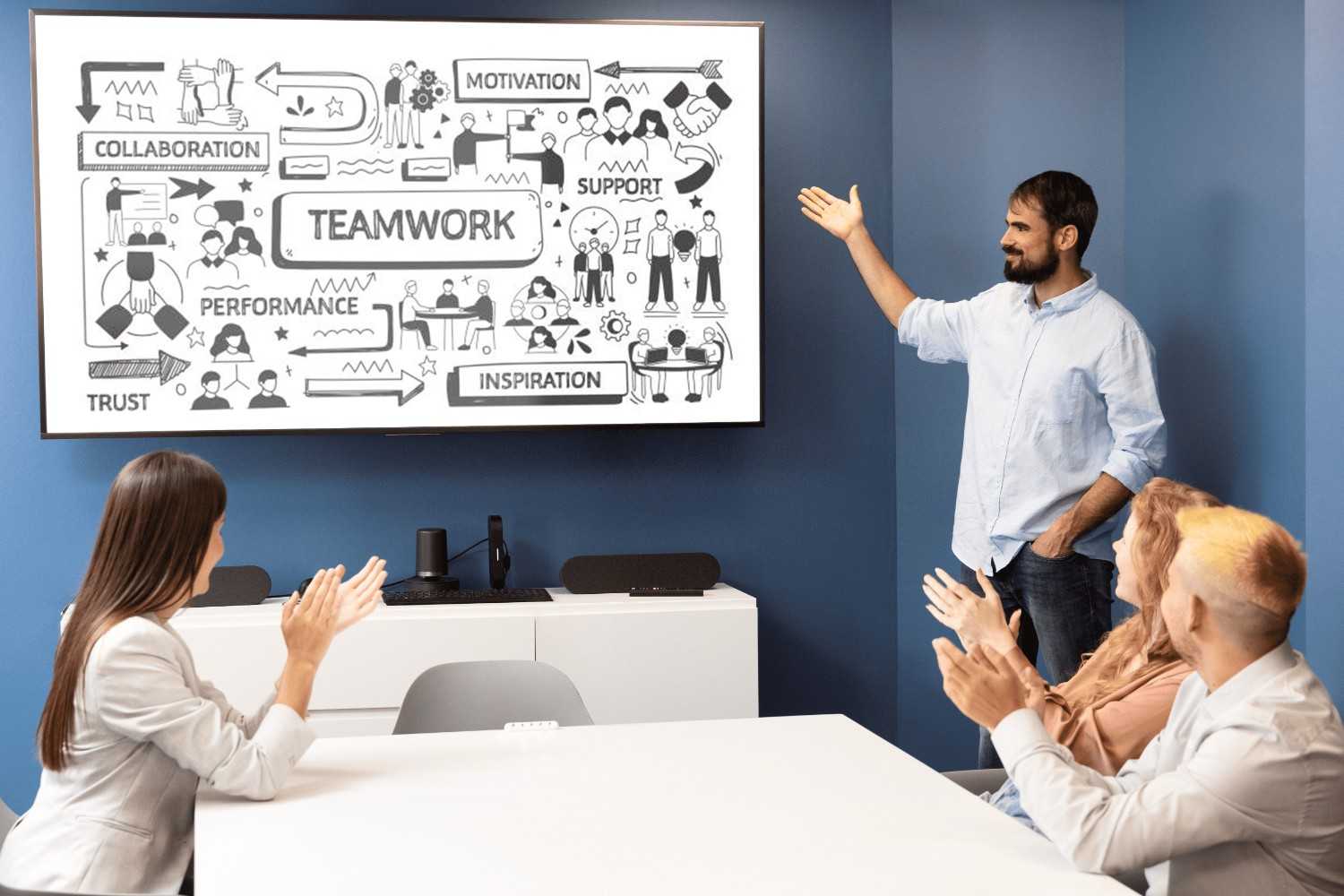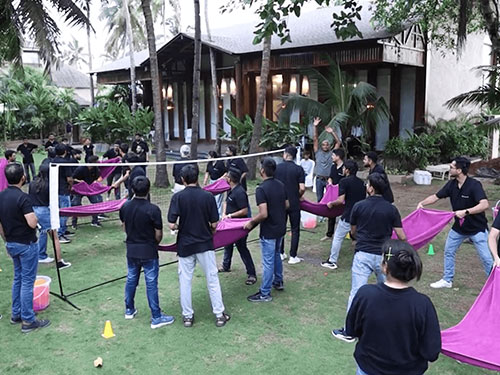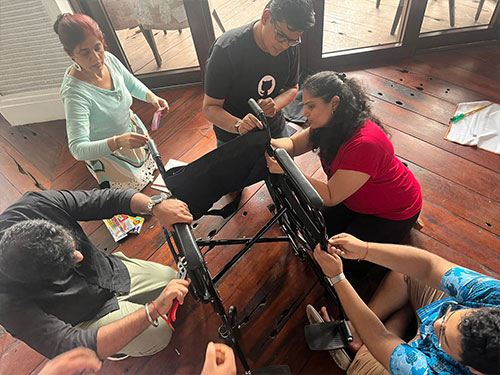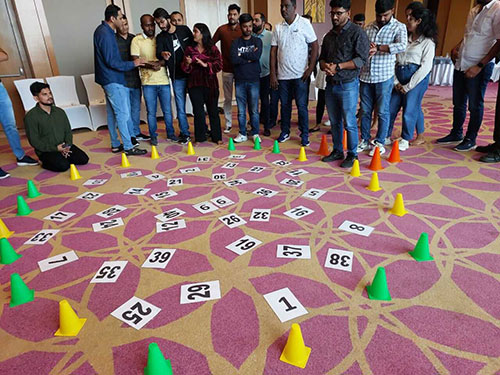Creating a culture of trust and openness within a team is essential for long-term success. When employees trust each other and feel safe to express their ideas, they are more engaged, motivated, and productive. However, building this kind of environment takes effort, intentional strategies, and a commitment to fostering open communication and mutual respect.
In this article, we will explore seven key strategies to build and nurture a culture of trust and openness in your team. Whether you're leading a small team or a large organization, these principles can transform the dynamics of your workplace, leading to better collaboration, innovation, and overall team performance.
1. Lead with Transparency and Honesty
Trust starts with leadership. As a leader, if you want your team to be open and honest, you must lead by example. Be transparent about the goals, challenges, and changes within the organization. When employees see you being forthright, they will feel more comfortable sharing their thoughts and concerns.
Actionable Tip: Make transparency a regular practice by holding open meetings where you share company updates, acknowledge challenges, and discuss decision-making processes. Transparency fosters trust, and when employees trust you, they will be more willing to contribute their ideas and concerns.
2. Create Open Communication Channels
Clear communication is crucial for building trust within any team. A culture of openness means that everyone, from the leadership to the newest team member, feels comfortable sharing their opinions, ideas, and feedback without fear of judgment or negative consequences.
Actionable Tip: Encourage feedback by setting up regular team meetings, one-on-one check-ins, and even informal channels like digital message boards. Use these platforms to share thoughts, ask for feedback, and discuss any concerns. The more open the communication, the stronger the trust within the team.
3. Practice Active Listening
Effective communication is not just about speaking; it's also about listening. Active listening is an essential component of building trust and openness. When people feel heard, they feel respected, valued, and more willing to share their ideas without hesitation.
Actionable Tip: Make sure to listen attentively when team members speak. Avoid interrupting, and take the time to understand their perspectives. Ask clarifying questions and paraphrase what you’ve heard to ensure understanding. This shows you value their input and are open to their ideas.
4. Encourage Collaboration Over Competition
In environments where competition is the focus, mistrust can easily develop. When employees feel they must compete against one another for recognition or resources, it can create division and undermine teamwork. On the other hand, a culture of collaboration fosters a sense of unity and shared purpose.
Actionable Tip: Promote team-based projects where success depends on collective effort. Recognize and celebrate the achievements of the team as a whole rather than focusing solely on individual accomplishments. Creating opportunities for cross-departmental collaboration can also encourage trust and open communication between different areas of the organization.
5. Celebrate Achievements and Acknowledge Contributions
Everyone likes to feel appreciated. Recognizing the hard work and contributions of your team not only boosts morale but also reinforces the idea that openness and collaboration are valued. Acknowledgment helps build a sense of shared purpose, which is critical for maintaining trust within the team.
Actionable Tip: Implement regular recognition practices, such as celebrating team milestones, publicly acknowledging individual contributions, or setting up a peer recognition program. Celebrating both large and small achievements creates a positive environment where people feel safe to engage and contribute.
6. Build Psychological Safety
Psychological safety is a critical element for fostering openness within a team. This concept means that people feel safe to take risks, make mistakes, and voice opinions without fear of ridicule, punishment, or negative consequences. When employees feel psychologically safe, they are more likely to share innovative ideas and engage in honest conversations.
Actionable Tip: Encourage a "fail-forward" mentality where mistakes are viewed as opportunities for learning rather than something to be ashamed of. Reassure your team that it’s okay to take risks and be open about challenges. Creating a supportive, non-judgmental atmosphere enables team members to speak up without fear of criticism.
7. Empower Accountability and Ownership
Trust is built when team members take responsibility for their work and actions. Encouraging accountability ensures that everyone feels responsible for their contributions and understands how their efforts impact the team as a whole. When accountability is paired with trust, it leads to greater ownership of projects and better results.
Actionable Tip: Set clear expectations for roles and responsibilities, and encourage team members to take ownership of their tasks. When mistakes happen, focus on finding solutions together rather than placing blame. This approach helps build confidence and encourages everyone to be proactive in their work.
Conclusion: The Transformative Power of Trust and Openness
A culture of trust and openness is the foundation of high-performing teams. It enables greater collaboration, enhances innovation, and fosters an environment where team members feel empowered to contribute their best work. When trust is cultivated within a team, the results are far-reaching, leading to improved communication, stronger relationships, and more sustainable success.
By implementing the strategies outlined above—leading with transparency, fostering open communication, promoting collaboration, recognizing contributions, building psychological safety, and encouraging accountability—you can build a team where trust and openness flourish.
Take Action Today: The process of creating a high-trust culture requires continuous effort and commitment. By applying these strategies consistently, you’ll help create an environment where your team can thrive, both professionally and personally
Get latest insights into our new exciting activities.



.jpg)


.jpg)








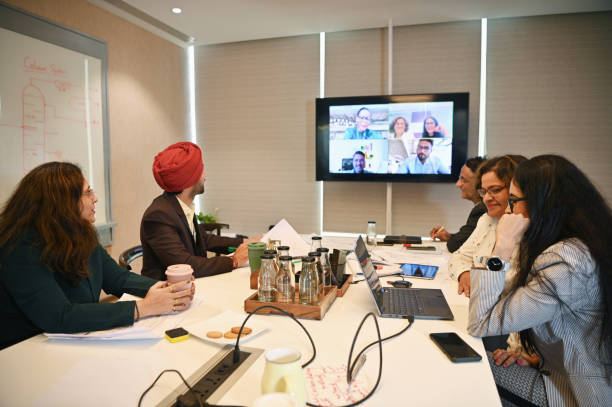


.jpg)





 (1).jpg)
